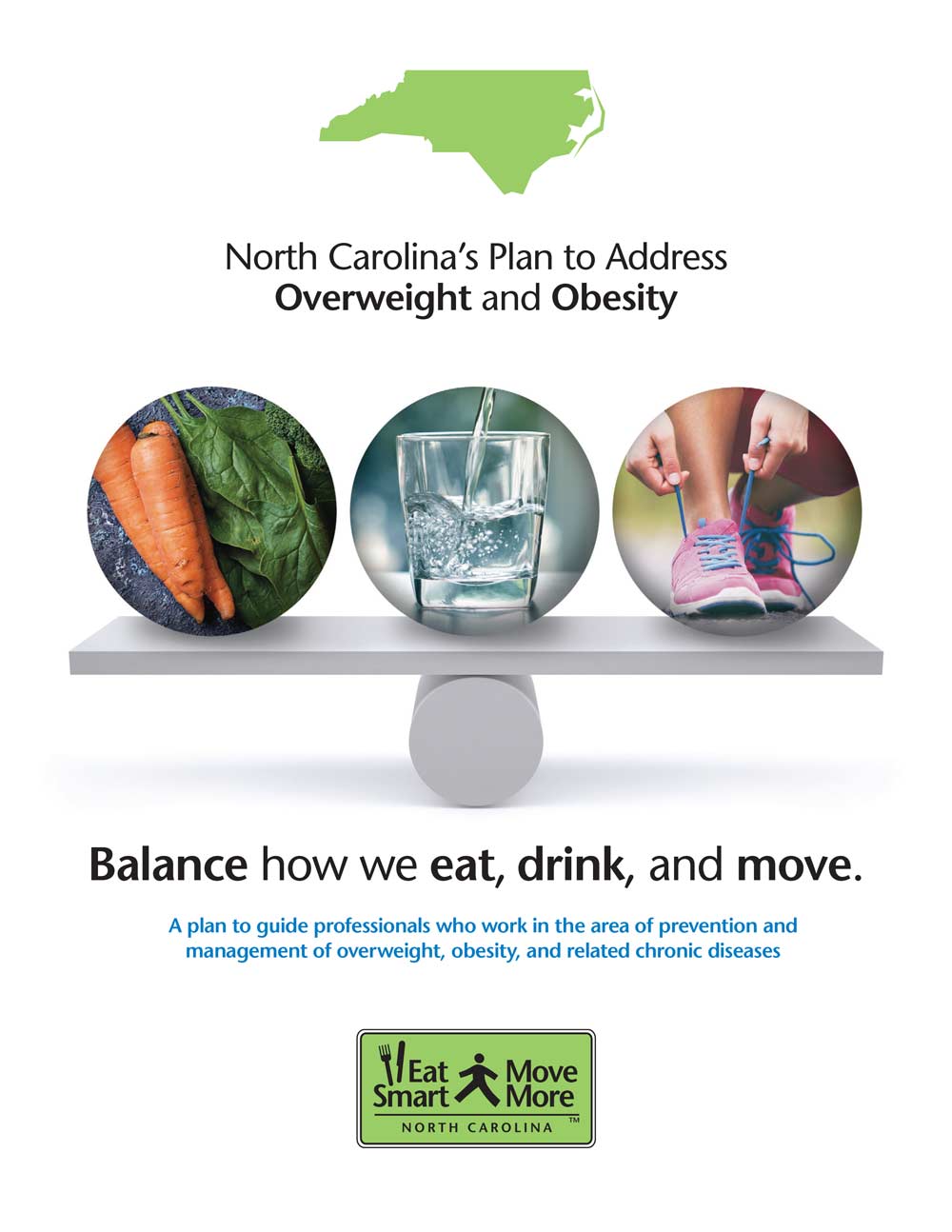Who Is It For?
Anyone who wants to know what HIAs have been conducted or are currently being conducted in North Carolina; how to conduct or want to promote HIAs in North Carolina.
How Do You Get It?
Information and resources are listed below.
How Is It Used?
An online resource to assist those who are interested in HIAs.What is HIA?
Health Impact Assessment (HIA) is a process used to identify how a project, policy or program might influence health. It includes procedures, methods and tools to systematically judge the potential – and sometimes unintended – effects of a proposed project, plan or policy on the health of a population and the distribution of those effects within the population. The HIA also produces recommendations to enhance the health benefits of the project/policy/program and to mitigate potential harms. HIA is a practical tool that can:
- provide a structured process to determine a policy or project’s impact on health;
- bring both immediate and long-term health benefits; and;
- ensure that policy and project dollars are used efficiently to provide the greatest benefit;
For more information, click: Society of Practitioners of Health Impact Assessment
What are the types of HIAs?
The steps of HIA can range from simple to complex or they can involve a more comprehensive process that includes public meetings, extensive stakeholder consultation and/or collection of new data. The three types of HIAs are rapid, intermediate and comprehensive. The decision for the type of HIA to conduct depends on factors, such as, time and resources.
Rapid HIA:
- Usually carried out within weeks with minimal resources
- Includes a brief investigation of potential health impacts
- Involves exchange of existing knowledge, expertise and research from previous HIAs
Intermediate HIA:
- Usually carried out within months with moderate resources
- Requires a more detailed investigation of potential health impacts
- Involves review of available evidence gained from similar HIAs or other community/environmental assessments
Comprehensive HIA:
- Usually carried out beyond a year with considerable resources
- Requires an intense investigation of potential health impacts
- Involves review of available evidence, along with collection or analysis of new information
What is the HIA Process?
- Screening: Determining whether an HIA is needed and likely to be useful.
- Scoping: In consultation with stakeholders, develop a plan for the HIA, including the identification of potential health risks and benefits.
- Assessment: Describe the baseline health of affected communities and assess the potential impacts on the decision.
- Recommendations: Develop practical solutions that can be implemented within the political, economic or technical limitations of the project or policy being assessed.
- Reporting: Disseminate the findings to decision makers, affected communities and other stakeholders.
- Monitoring and Evaluation: Monitor the changes in health or health risk factors and evaluate the efficacy of the measures that are implemented and the HIA process as a whole.
An Introduction to HIAs
Before you get started check out the National Association of County & City Health Officials (NACCHO) Health Impact Assessment: Quick Guide for a brief synopsis of the HIA process and some common misconceptions about HIAs. Click NACCHO Health Impact Assessment: Quick Guide” to view the guide.
North Carolina Data Sources
North Carolina Community Health Assessment: Information to identify priority community health issues in order to plan interventions
North Carolina State Center for Health Statistics: Statewide health-related data
Eat Smart, Move More NC: Physical activity and nutrition data
North Carolina HIA Stories from the Field
Predicting Effects of Urban Design on Public Health: A Case Study in Raleigh, North Carolina
State and National HIA Resources
Centers for Disease Control and Prevention
Health Impact Project
Plan4Health NC: Planning for a Healthier North Carolina



